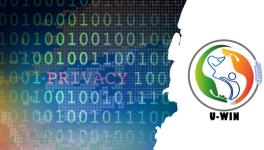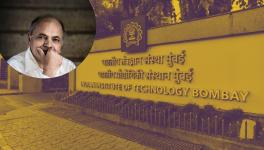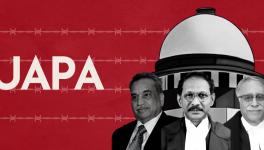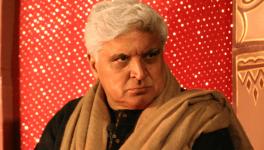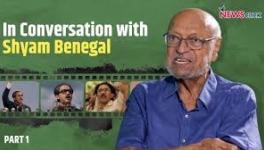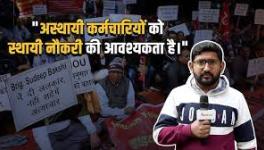How Information Tech Rules, 2021 Curb Freedom of Speech
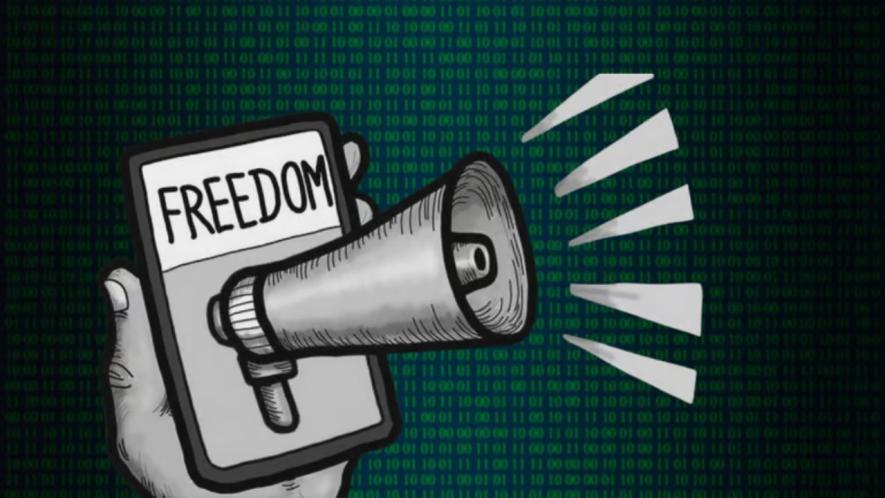
In the digital era, the dissemination of information has become remarkably swift and far-reaching, posing both opportunities and challenges. While the internet has democratised access to information, it has also become a breeding ground for fake news and hate speech.
Governments worldwide are grappling with the need to regulate digital content to protect citizens while safeguarding the fundamental right to freedom of speech. In India, the Information Technology (Intermediary Guidelines and Digital Media Ethics Code) Rules, 2021, aim to address some of these challenges by regulating intermediaries' roles and responsibilities.
Under the IT Rules, intermediaries, such as social media platforms, are mandated to remove or disable access to certain content within 24 hours of receiving actual knowledge through a court Order or notification from appropriate government agencies, as specified under Rule 3(1)(d).
This swift action is crucial in curbing the spread of harmful content. Furthermore, Section 79(3)(b) of the IT Act asserts that intermediaries must comply with such government notifications to retain their safe harbour protection from liability. Thus, for the intermediaries to remain protected, they have to do as directed. Therefore, when it comes to freedom of speech and expression, rarely would they step up to protect the freedoms.
The role of intermediaries in content regulation becomes more complex with the involvement of police authorities.
The role of intermediaries in content regulation becomes more complex with the involvement of police authorities. A gazette notification dated December 26, 2024, by the lieutenant governor of Delhi has designated the Delhi police as the authority to issue take-down notices, empowering specific officers within the police force to identify and direct the removal of content deemed to be hate speech.
Given the political use of almost all enforcement agencies in the past decade, the gazette notification seems a wily step. Issued about 10 days before the notification of elections in the National Capital Territory of Delhi, this empowerment of Delhi police appears to conflict with police power and the freedom of speech. There was also an attendant reshuffle in Delhi police.
While this measure seems seemingly fair and appears to expedite the removal of harmful content, it raises significant concerns about the potential abuse of power and its impact on free speech.
Allowing the police to unilaterally decide what constitutes hate speech and issue take-down notices without judicial oversight undermines the principles of transparency and accountability. Further, the training of the police is not in the application of the exception of Article 19(2) of the Constitution but in the investigation of crime— and these two are distinct operations.
Freedom of speech: A fundamental right
Freedom of speech is enshrined as a fundamental right in many democratic nations, including India, where it is protected under Article 19(1)(a) of the Constitution. This right is not absolute and is subject to reasonable restrictions, including those related to the sovereignty and integrity of the country, public order, decency and morality. However, these restrictions must be carefully balanced to ensure that they do not encroach upon the essence of free expression.
One of the major concerns with granting police the authority to issue take-down notices is the chilling effect it may have on free speech. The fear of potential repercussions and the arbitrary removal of content can lead to self-censorship among individuals and organisations. This stifles the vibrant exchange of ideas and opinions that is essential for a healthy democracy.
Traditional content removal globally typically requires judicial oversight— a court or a person wearing a judicial hat reviews the evidence and determines if the content is illegal or unprotected speech.
Empowering police to issue takedown notices bypasses this check— which ought to be a judicial check— or administered with a judicial mind even when done by a bureaucrat. This potentially deprives publishers of both procedural and substantive due process rights.
The lack of direct judicial oversight and the overlap with police powers of investigation risk a misuse. Authorities may, intentionally or unintentionally, suppress dissenting voices, critical opinions, or content that challenges the status quo.
This potential for abuse undermines the credibility of the regulatory framework and erodes public trust— especially in the context of the impending Delhi elections.
For instance, in Germany, the Network Enforcement Act (NetzDG) requires social media platforms to remove hate speech within 24 hours of notification. However, there are stringent checks and balances, including the right to appeal and independent regulatory bodies overseeing compliance.
Regulation of online content is a complex and evolving challenge that requires a nuanced approach. While the need to address fake news and hate speech is undeniable, it is equally important to protect the fundamental right to freedom of speech.
The involvement of police authorities in content regulation, as seen in the case of the Delhi police, must be approached with caution to prevent abuse of power and ensure that regulatory measures do not stifle free expression.
Police officers, while experts in law enforcement, may not have the specialised understanding on restricting free speech or even the training to properly balance speech rights against legitimate law enforcement needs.
This could lead to constitutionally protected speech being improperly targeted for removal, especially in the National Capital Region. Further, police officers are actively involved in investigating crimes and building cases, creating an inherent risk of confirmation bias if they also serve as adjudicators.
Regulation of online content is a complex and evolving challenge that requires a nuanced approach.
The adversarial system relies on having a neutral third party (judge) evaluate competing claims rather than having an investigative party make legal determinations.
The aim of digital regulation should be to preserve the open and democratic nature of the internet while effectively addressing the harms posed by harmful content. Ultimately, the goal is to create a digital environment where freedom of speech is upheld, and individuals can express themselves without fear of undue censorship or reprisal.
Talha Abdul Rahman is an advocate-on-record, the Supreme Court of India.
Get the latest reports & analysis with people's perspective on Protests, movements & deep analytical videos, discussions of the current affairs in your Telegram app. Subscribe to NewsClick's Telegram channel & get Real-Time updates on stories, as they get published on our website.









